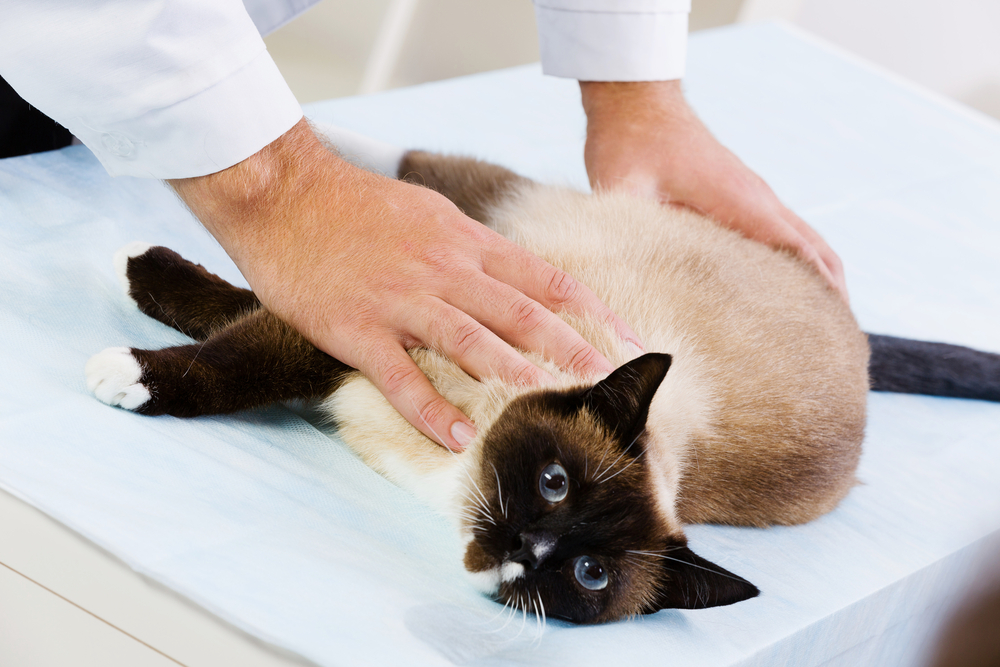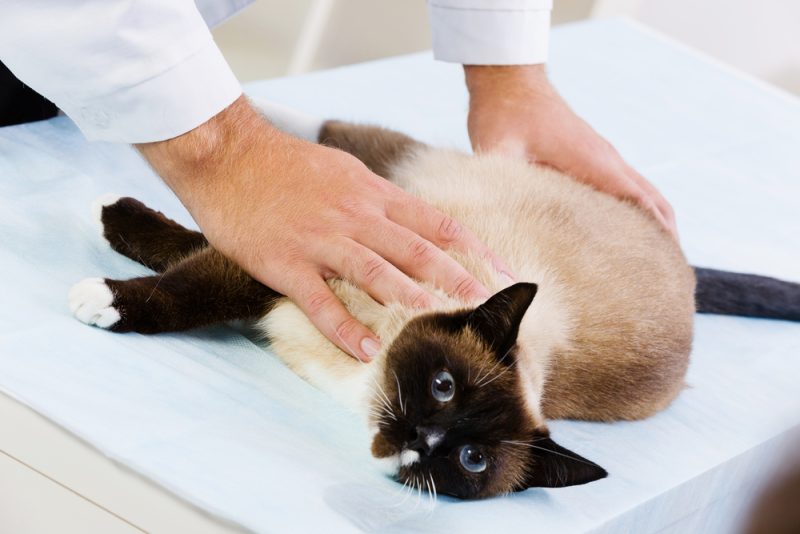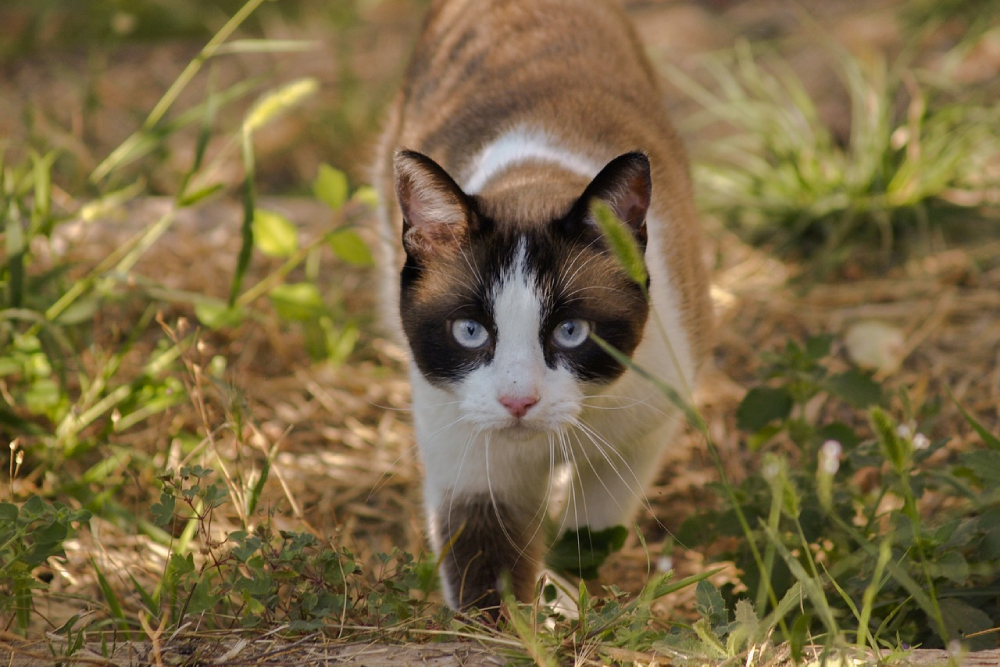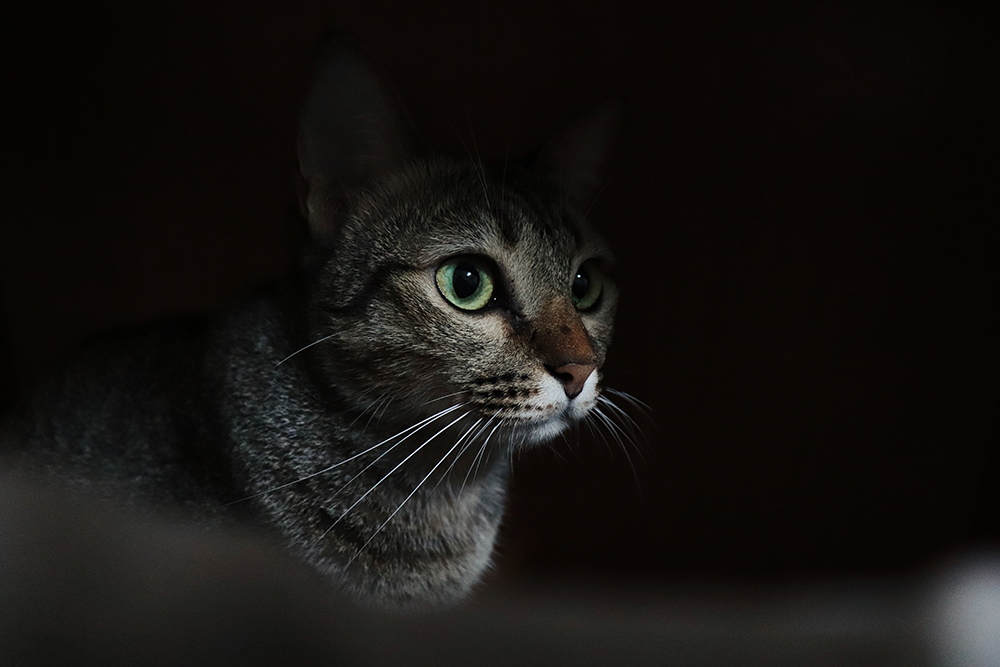Cats love to play with anything that they can get their paws on, such as buttons, balls of paper, bits of string, threads, shoelaces, ribbons, cords, and yarn. Unfortunately, while playing with these seemingly harmless objects, our feline companions can accidentally ingest them, which can be dangerous.
If you suspect or see that your cat has ingested a foreign object, consider it a medical emergency. You should contact your veterinarian immediately.
Although some foreign bodies can pass through the intestinal tract without incident, an intestinal blockage (or obstruction) can occur. If that happens, your cat can suffer serious, life-threatening consequences.
What If Your Vet Doesn’t Answer the Phone?
- Contact an emergency veterinary hospital: Many veterinary hospitals and clinics have 24-hour emergency services and can provide immediate care.
- Monitor your cat’s behavior: Watch your cat carefully for any signs of distress or discomfort.
- Do not induce vomiting: Do not induce vomiting unless directed by a veterinarian, as some foreign objects can further damage the digestive tract if regurgitated. Moreover, some at-home methods can do more harm than good.
- Keep your pet calm: Stay with your cat and provide a calm and comfortable space for them to rest. Avoid giving them food or water until you talk to a veterinarian.

If you need to speak with a vet but can’t get to one, head over to PangoVet. It’s an online service where you can talk to a vet online and get the personalized advice you need for your pet — all at an affordable price!
Why Is It So Dangerous If Your Cat Has Ingested a Foreign Object?
Any small, sharp object can damage your cat’s mouth, throat, esophagus, and other digestive tract organs. It can get stuck in their throat, preventing them from breathing, or in their esophagus, which can cause a tear or lead to an esophageal blockage.
Linear foreign bodies are long, thin objects like thread, hair ties, or yarn that can cling to the cat’s tongue while continuing through the digestive system. This type of foreign body is the most dangerous and can cause bowel movements to stop, lead to intestinal perforations, and cause organ failure.
Preventing your cat from playing with wires and strings and regularly inspecting risky areas, like the bottom of curtains and the sides of sofas, to ensure no wires are sticking out is a good way to prevent your pet from swallowing dangerous objects.
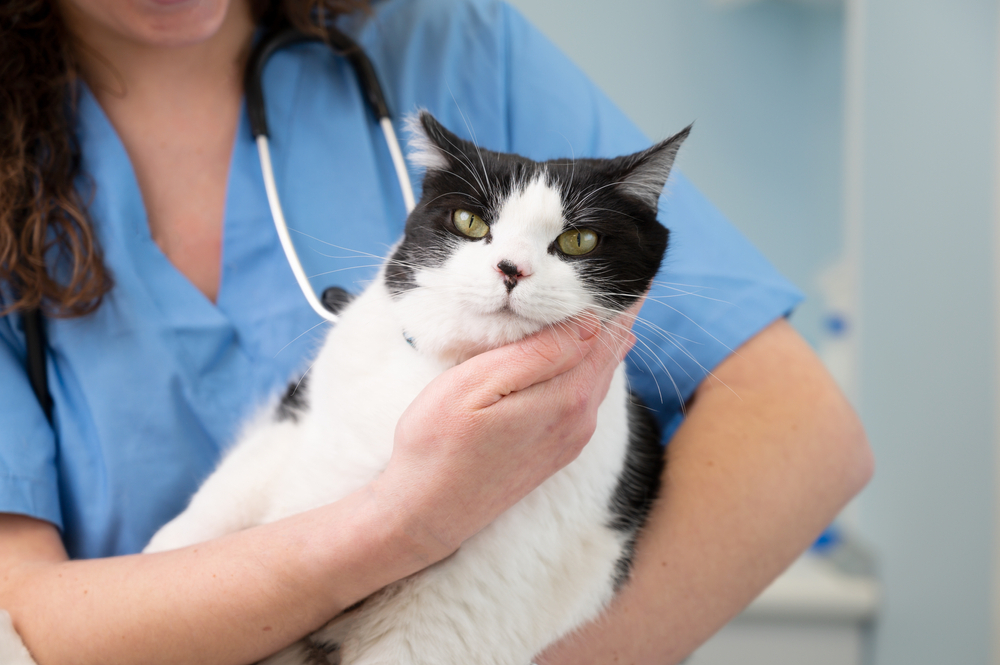
How Do You Know If Your Cat Has Eaten a Foreign Body?
If you suspect that your cat has ingested an object that they shouldn’t have, be on the lookout for the following signs:
- Loss of appetite
- Vomiting
- Diarrhea
- Lethargy
- Difficulty breathing or panting
- Abdominal pain
- Swollen or tense-looking abdomen
- Absence of stools
- Drooling
- Dehydration
- Bleeding from the mouth or rectum
- A change in behavior or activity level
Tips to Keep Your Cat Safe
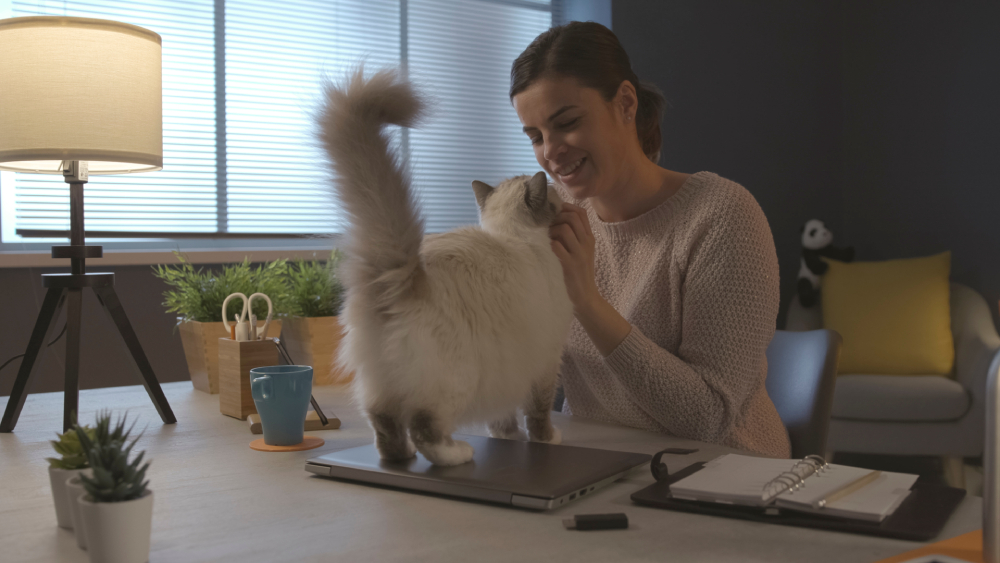
It’s essential but not always easy to keep potentially dangerous objects out of your cat’s reach. Felines are masters at finding string and similar objects in the darkest corners of the house!
However, you can limit the danger and prevent your cat from swallowing any foreign objects in their path:
- Start by storing small objects (rubber bands, toys, coins, string, dice, paper clips, etc.) and keeping them safe from your kitty’s curious paws.
- Keep electrical cords and wires out of your cat’s reach, and try to bundle and secure them if possible.
- Choose toys that your feline can play with safely. For example, a toy mouse might not be the best idea if your cat can easily pull off the little string tail!
- Supervise (as much as possible) your kitty while they play so you can intervene quickly if they start nibbling on your favorite headphones.

Final Thoughts
Do not waste time if you notice that your cat has swallowed a foreign object. You must immediately contact a veterinary clinic or an emergency veterinary hospital. Delaying the treatment can lead to complications and life-threatening conditions.
In the meantime, don’t try to make your cat vomit, and keep them comfortable and monitored. Be sure to follow the vet’s instructions and stay calm. With the right care, your beloved kitty should recover in no time!
See Also:
- My Cat Ate a Ribbon: Is It Dangerous? Our Vet Explains
- My Cat Swallowed a Needle: What Should I Do? (Vet Answer)
Featured Image Credit: Sergey Nivens, Shutterstock

